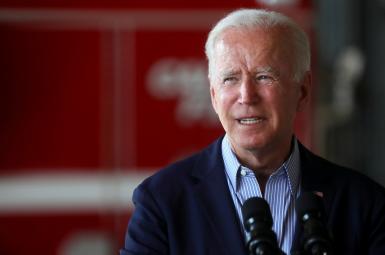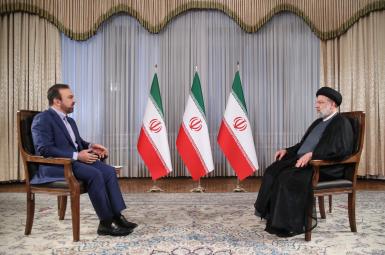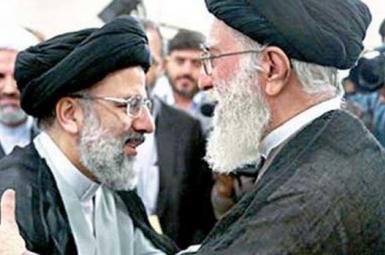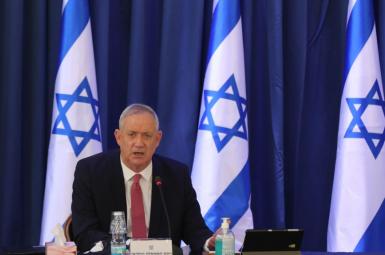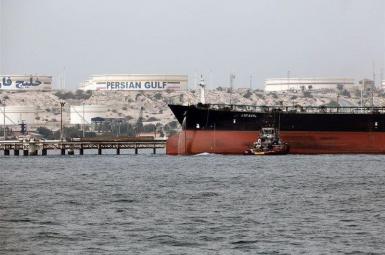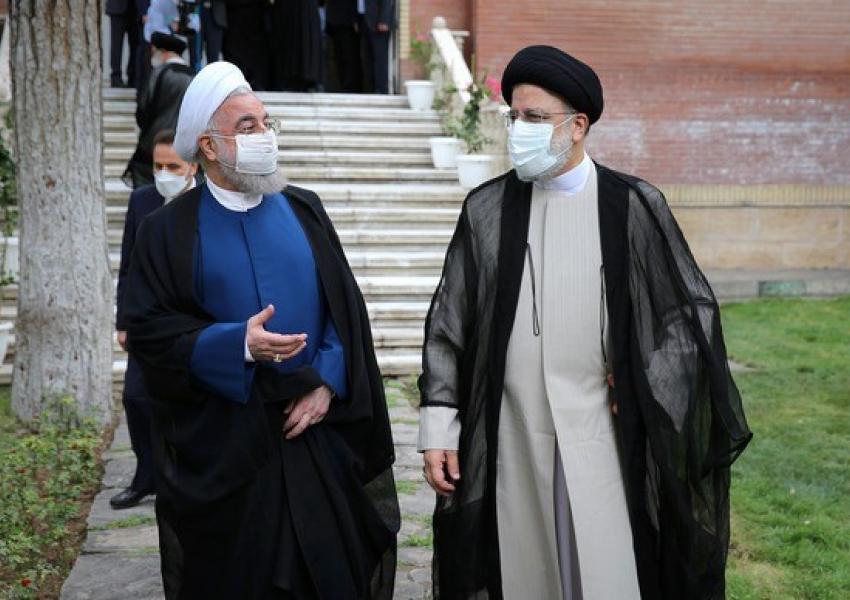
From Rouhani To Raisi: Islamic Republic In Turmoil
This week sees a change of guard in Iran as Hassan Rouhani hands over the presidency to Ebrahim Raisi (Raeesi). This handover comes with the country in internal and international turmoil.
The economy is in tatters, and negotiations over restoring the Joint Comprehensive Plan of Action (JCPOA), which kept the country’s nuclear program in check, are at a halt. The Islamic Republic faces two severe and largely self-inflicted problems: the mismanagement of the Covid-19 pandemic and the mismanagement of resources, especially water and electricity.
Both issues affect citizens in their daily lives and transcend religious, denominational and ethno-linguistic differences. Growing public discontent and country-wide protests are beginning to threaten the stability of the regime and even its existence.
The Pandemic
From the beginning, control and management of the pandemic was heavily politicized. As the country rolled from one peak to another and sanitized official statistics indicated steadily rising infections, the response went from denial of the virus to mismanagement of infection control and negligence. The Islamic Republic blames the West for its shortcomings in combating the pandemic. Meanwhile, it has tried to align its messaging with Russia and China. Like the Russian and Chinese media, the Iranian media during the US presidential election campaign blamed Donald Trump, among other faults, for mismanaging Covid. When in April 2020 the Health Ministry Spokesman heavily criticized China’s official infection numbers, he was promptly attacked by the Chinese Ambassador to Tehran and reprimanded by others within the Islamic Republic. His apology was swift.
Meanwhile, as the official propaganda machine in and out of Iran blamed the effect of US sanctions, Supreme Leader Ali Khamenei banned the import of US and British-made vaccines. Anecdotal evidence suggests that, ordinary Iranians are fed up with the haphazard nature of governance and the cost of the state's ideological convictions on matters of public health and safety. Reflecting rising popular discontent, one activist tweeted that ‘a genocide is taking place in Iran.’
Water and Power Shortages
The state has also failed in supplying basic services of water and electricity. Weeks of shortages plagued the country and caused public unrest by early July. Initially, there were sporadic protests over power cuts in Tehran and other major cities. These combined with water shortages in blazing summer heat.
Water shortage is a big problem for the population. In 2020, of the approximate 82 million population, 41 percent (33.6 million) lived in water scarce areas and 21.5 million of that 33.6 million suffered from absolute scarcity. This indicates a country that is ‘water bankrupt.’ Planning for, anticipating and addressing such conditions is the responsibility of the state and its long-term planning apparatuses.
The shortage is particularly felt in the south-west province of Khuzestan, where people have endured toxic levels of air pollution in winters and power and water shortages in summers. In, Ahvaz, the provincial capital, the average temperature for July can reach 49 degrees Celsius. This year’s shortages are the latest examples of environmental crises caused by state mismanagement, that include practices such as ill-conceived dam constructions, promotion of unsustainable agricultural practices and deep water well permits. Other examples include toxic micro-particles to dust storms, water shortages that were apparent in the fast drying Karun River and vanishing wetland ecosystems.
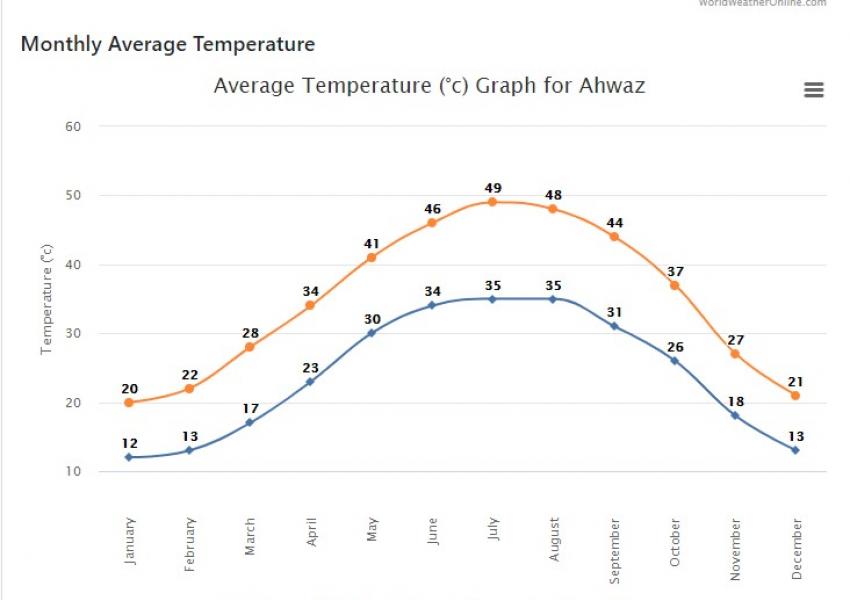
Despite producing a significant part of Iran’s GNP, Khuzestan, which took the brunt of war during the Iraq-Iran war (1980-1988), has remained severely under-developed.
The economic and environmental problems are compounded by unrest among ethnic Iranian Arabs, whose livelihoods has been heavily impacted by the water shortages and some of whom believe they face discrimination in employment.
On 15 July 2021, the people of Ahvaz took to streets to protest against water and power shortages. The rest of the country have joined protests in solidarity. Both in Khuzestan and the rest of Iran, these protests have transcended ethno-linguistic divides and are increasingly targeting the Islamic Republic and Khamenei. A heavy security crackdown resulted in at least ten deaths by July 24 and scores of arrests, including children as young as 12.
The Iranian media has been generally avoiding reporting these developments. The Western media initially ignored and then, in some instances, attributed the unfolding situation to drought and climate change, a reductionist view that chose to remain silent on the wrong policies and mismanagement that have plagued Iran for decades since the Islamic Revolution.
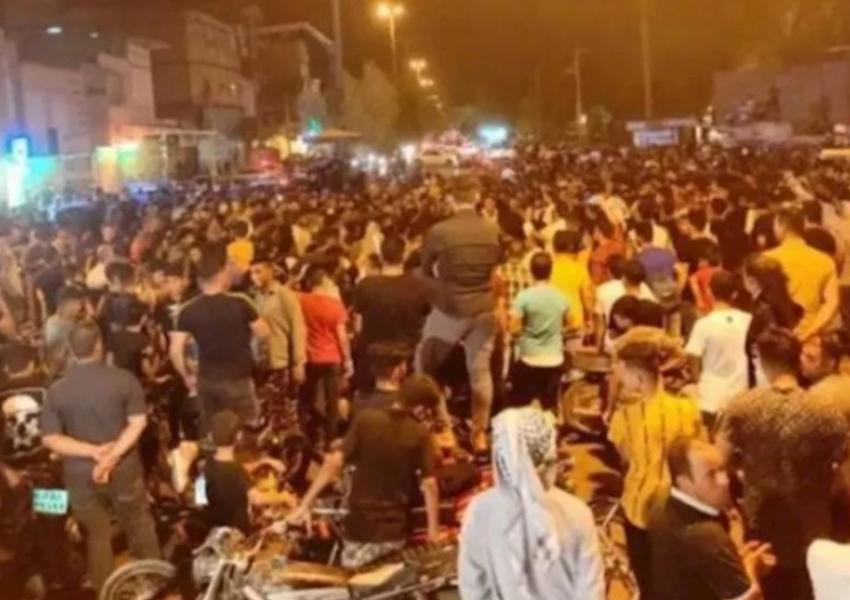
Ethno-nationalist and separatist activists found the growing protests useful when Persian-language broadcasting services gave them air time, implying they have a broad mandate to represent ethnic groups such as Iranian Arabs. Among these commentators were representative of Kurdish militant parties such as the Komala and Democratic parties of Kurdistan and Al-Ahwaziyeh, a separatist ethnic Arab group.
In Tabriz, capital of East Azarbaijan province, pan-Turkish groups tried to organize and in one instance held a protest, chanting separatist slogans and support for Al-Ahwaziyeh. The majority of Tabrizis did not join in. All this was against the expressed intentions of protesters in Khuzestan, who emphasized that their protests were neither separatist nor identarian but against the Islamic Republic.
Separatist activities and commentary threaten to delegitimize the protesters and endanger their lives. They provide the excuse for the government to securitize protester demands and respond with force. While ethno-nationalists appeared in Persian-language broadcasting services such as the BBC Persian and Iran International, passing off as spokespersons for entire ethnic groups, events on the ground revealed a different reality. Their political agenda was contradicted by the widespread solidarity expressed across the nation.
A renewed national consciousness?
A growing trend of national solidarity was apparent in the boycott campaign for the 2021 presidential elections and the earlier boycott campaign targeting the 2020 parliament elections before that.
There is clear indication of a rising sense of national unity and citizenship demands inside Iran. People are shaping politics in practice, on the ground and in streets. The mood is revolutionary.
‘Dealing’ with problems
General mismanagement, widespread corruption, nepotism and outright incompetence are among major causes of crises in the Islamic Republic. As the recent protests demonstrate, lack of concern for the environment, resource management, and sustainability have long-term and explosive social and political consequences. Incapable of addressing problems, the regime uses force. The result has been a cyclical pattern of long-term mismanagement, leading to critical problems that impact the everyday lives of citizens who ultimately begin protesting only to be quashed with different degrees of force. Recently, the suppression happens under a cloud of silence imposed by internet and communications blackouts.
This round of protests may come under temporary control through the same method, but without serious change, considered planning and normalcy in international relations, the Islamic republic may be nearing its end.
Regional powers and beyond
Meanwhile, stuck in its anti-West rhetoric, the regime is also tying its fortunes to relations with China and Russia. Yet, this ‘turn to the East’ policy that has resulted in giving increasing concessions to the two powers, neglects national interest and is unpopular.
Many Iranians perceive concessions to China as the reason for the depleting fish resources in the Persian Gulf and link power shortages to the mining of crypto-currency by and for China. Recent revelations also show that Hur al-Azim Wetland was deliberately dried to benefit a Chinese oil company damaging above all, the ethnic Arabs near Ahvaz. This comes in addition to a secret agreement with China that caused public uproar. In addition to being against the Iranian constitution, many in social media labelled it treasonous. In the current circumstances, the Iranian government has cornered itself between the East, the West, and is own people who alone carry the human and economic cost of its adventures.
The opinions expressed by the author are not necessarily the views of Iran International
